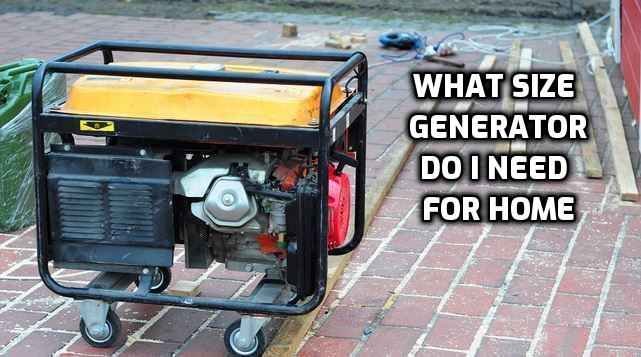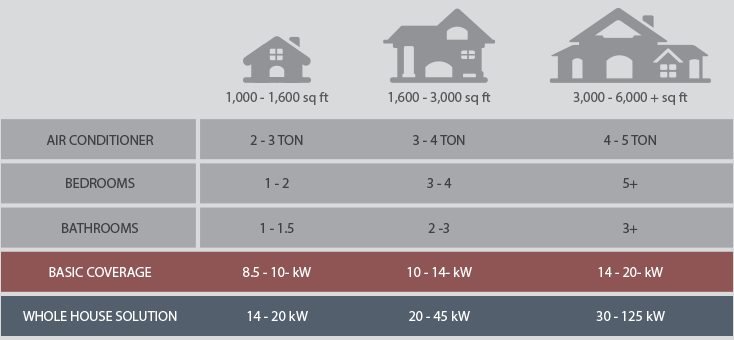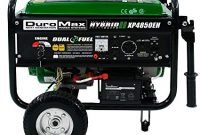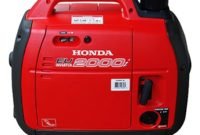What size generator do I need for my house? Yes, this question must be often asked when you want to buy a generator as your electrical device substitution. Indeed, there are many considerations to consider when installing a generator at home.
Therefore, the generator is not only advantageous. More than that, it should also make your home living more comfortable. So, what are those considerations? Check them out.

It should be The Quiet One
The home necessities generator must differ from those for other matters like industries or business. Why? When you build a business with support from devices like a generator, there must be many rules, including that the business must not be located near certain public places like hotels and hospitals.
This is because there are many chances that the used generators will be noisy. On the other hand, your home is probably located in an area of the neighborhood.
When considering choosing a generator for your home, it’s essential to assess the immediate need and how it fits into your lifestyle, especially during a power outage. The generator size you need hinges on how much power your household consumes during peak usage.
This includes essential appliances like refrigerators, air conditioning units, central air systems, and convenience items like computers and televisions.
Based on that fact, you should ensure that the generator chosen is not noisy and does not disturb your neighbor. Make sure you get the quietest portable generator on the market.
The Energy Needed
As a substitute for electricity, the amount of power generated is paramount. This means calculating the starting and running wattage of all devices you intend to power simultaneously.
Inverter generators are ideal for sensitive electronic devices due to their stable power output. In contrast, standby generators offer a more robust solution for entire homes, automatically powering on through transfer switches during an outage.
The more recommended energy is when the capacity is around 10% more than your electricity installed. It is like you have to apply between 14.000 to 15.000 watts when your capacity, which is already installed, is 13.000 watts.
On the other hand, the most common generator used is 15Kva. Sure, it is not an exact counting. Still, it depends on your necessities. It seems you don’t have to apply the full capacity if the equipment needs to be powered only a few.

For household necessities, the most common devices used during electricity failure are refrigerators, computers, and maybe televisions. Sure, if you only need to turn on those devices, the capacity should not be too high.
Read also: Home Generator Transfer Switch
Remember, choosing the right size generator involves considering your current needs and potential future requirements. Regularly test your smoke detectors and ensure your generator setup includes safety features and transfer switches to safely connect to your home’s electrical system, minimizing the risk of false alarms or damage during its operation.
Going the Reputable Agents
Generators can be found in many outlets. However, going to its official agents is more recommended for some facts. The first is regarding the guarantee. Sure, some spare parts are still guaranteed. However, some other parts are not included in the guarantee.
Reputable or official agents tend to give you the best treatments when there is damage within the usage. Sure, there will be some exceptions. But more than that, it is safer than when you go to the shop, which is not the generator’s official agent.
The engineering team is also another essential reason for choosing the official agent. It is due to the installation process that is needed to be proper. They are also the right place to ask about the size or the power consumption, which is exactly right for your house or RV.


